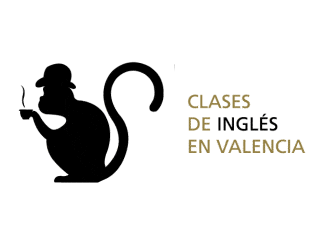There are a lot of debates nowadays, when it comes to private education vs public education and the quality or at times, lack of quality that can be found in both the public and private sector. During my last 8 years of teaching, the most common complaint I have come across by far is that when Spanish people go to school, they do too much grammar and never really have the opportunity to put the theory into practice, thus making the student a passive vessel or sounding board which the teacher bouncess off to the sound of his own voice, and never really checking to see if the students are actually remembering anything that has been taught in previous classes.
A lot of both public and private schools are guilty of simply ploughing through a text book as quickly as possible to prove to children’s parents or to their students that they have achieved a lot, this academic year. However, it is only when you do frequent verbal reviews of this content that you realize that most of what has been taught, has not passed from the short term memory to the long term memory. Language Acquisition is a complex subject, especially when you live in Spain, spending most of your time speaking in Spanish and rarely practising what you have studied in your text book.
As a teacher I am always trying to find more active ways to overcome this problem by empowering the student more during the lesson. It is true that we always need a certain amount of text book content, for new vocabulary and to see the grammar structure in front of you for memory’s sake and in order to follow a particular theme. But if the classes are general English, then I think that the teacher should aim to get the student to speak 60% of the class and only spend 40% of the lesson time on grammar. Many teachers are guilty of doing the opposite, and there have been times where I too, should have spent more lesson time working on speaking and listening. Only too often have I seen teachers spend the entire lesson doing exercie after exercise in the book and not give the students enough time to respond. Your teacher should try to get you to improvise as much as possible, because this is what you are expected to do in both exams and real life conversation.
Exam preparation is slightly different, as you have to get used to the style of exercises that appear in the various Cambridge Exams. You also have to get used to time management, as you only have and hour or an hour and a half to complete the exam paper. Therefore it is a bit more difficult to maintain this kind of balance when practising Cambridge Exams. However, a way to overcome this is by practising the speaking exam more often or by simply dedicating one lesson a week, purely for speaking.
I am more than happy to spend an hour a week with you for free, either face to face or over the phone, in order to practise this vital skill, as I feel it is fundamental to real language acquisition. Although I always prefer face to face classes, sometimes speaking over the phone is even better, as you have to concentrate harder to understand the other person and at the same time you feel a greater urge to speak, so as to avoid silences. This is very different to messaging, as with messaging you have as long as you like to respond, whereas with a live phone conversation you need to answer immediately (on the spot!).
Having said all this, I look forward to our next speaking class at Clases de ingles en Valencia!






